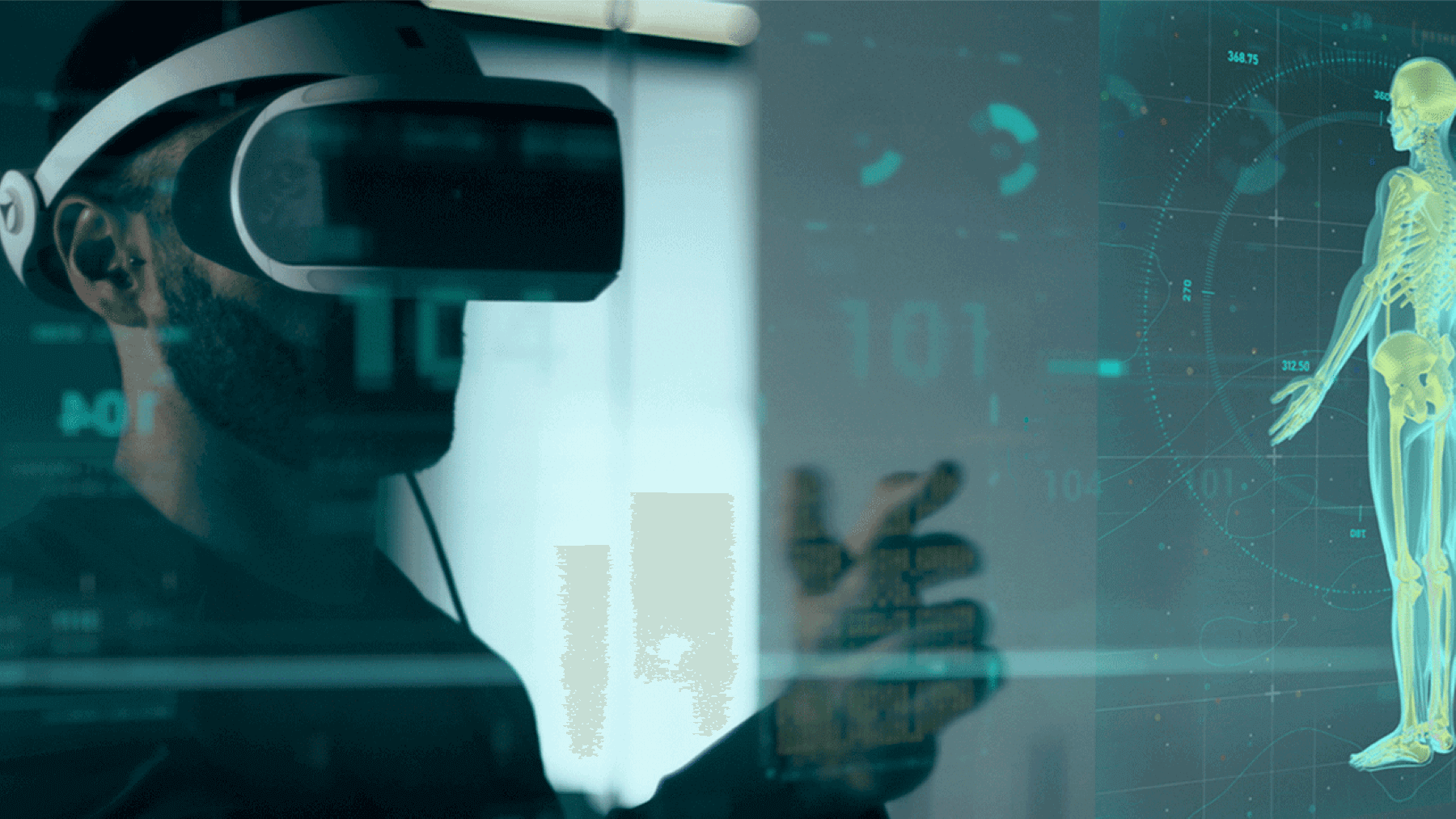What do early-stage startups have in common with a Renaissance surgeon? Why do we still consider Andreas Vesalius inspiring and innovative? And why was he chosen to represent our award?
If Andreas Vesalius (1514-1564) considered the status quo of medical research in his time to be final and unalterable, since then our understanding of the structure and function of human anatomy has been revolutionized several times over.
We take his innovative spirit and ceaseless drive to understand as the motivation and inspiration to promote new ideas in the Health Sciences and support each “new” Andreas Vesalius in pursuing their own ideas. This is one of the reasons why we are presenting the Vesalius Innovation Award to young entrepreneurs for the second time.
Innovation Requires Support
It is probably in the nature of things that every society considers the current challenges of its time to be the greatest and most comprehensive in history. The tasks and possibilities of our generation, at least, seem almost limitless and often at the same time dauntingly unmanageable due to the digital revolution.
The pandemic has not only accelerated disruptive processes that affect all our lives, but also underlined the importance of high-quality science — for which we will continue to serve as a reliable partner with our products in the future.
At the same time, it is important for us to receive new impulses from outside and to be able to support the best of them on their way to success — since innovation needs support.
Andreas Vesalius — Publicist and Revolutionary
There are many good reasons why the “founder of modern anatomy” is the perfect eponym for our Innovation Award, created in 2020. One could mention, for example, that Vesalius was the first of his profession who, through empirical research, challenged and even partially refuted the teachings of the Roman physician Galenus which had long been considered indisputable, by thoroughly dissecting the human body. One could cite his persistence, his curiosity in discovery.
Vesalius, a critical spirit of the Renaissance, was also a cosmopolitan who had to face his own critics, requiring courage as well as skillful self-dramatization and the adept presentation of his research to the public. This included courage, as well as skillful self-dramatization and presentation of his research to the public.
Our special relationship to this outstanding innovator of his time is underlined by the new edition of his masterpiece “De Humani corporis fabrica de libri septem“, which Karger Publishers had the pleasure of reviving in 2014 in an extensive collaboration. Learn more about Andreas Vesalius and the creation of the new edition.
The fact that Vesalius published his main work in seven books in 1543 at the mere age of 28 and in Basel completes the perfect “fit”.
Shaping the Future through Innovation
500 years later, the values and characteristics of the anatomist still read like a blueprint for the future, for questioning the status quo with curiosity and criticality at the same time, and for creating innovation.
In offering the Vesalius Innovation Award, we are taking on this responsibility in the spirit of Andreas Vesalius to break new ground by promoting innovative companies in the Health Sciences.
However, we can only take this path forward towards innovation on the solid grounding of our own publishing past and experience.
We are convinced that supporting and promoting innovative ideas will broaden the foundation of our business activities for the future and are very pleased to be able to present the second Vesalius Innovation Award this year.
Do you have innovative ideas in the Health Sciences? Visit our Innovation website and get in touch with us.
To stay informed about developments around the Vesalius Innovation Award, visit the website and follow us on Facebook, Twitter and LinkedIn.





Comments
Share your opinion with us and leave a comment below!